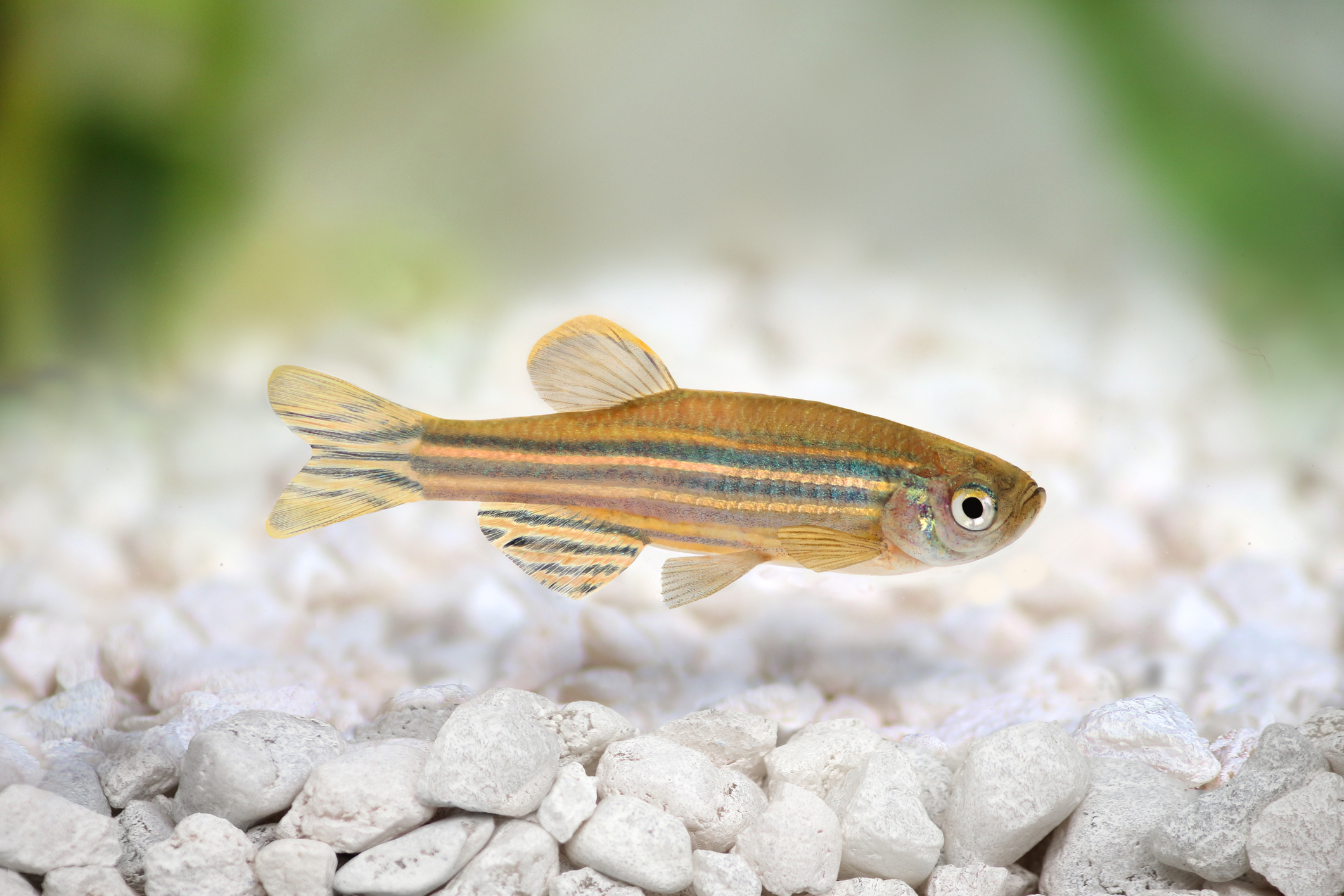
Promising muscle regeneration signal discovered in zebrafish

A signal that allows zebrafish to regenerate muscle cells has been discovered by researchers in Fribourg, western Switzerland, which could hold promising medical potential.
In contrast to zebrafish, which can regenerate various organs and muscles, humans can only regenerate minor muscle injuries, as deep injuries can affect the musculoskeletal system.
Biologists at the University of Fribourg, led by Anna Jazwinska Müller, investigated the regeneration of muscles at the base of the tail fin of zebrafish, which serve as model organisms for research.
In the laboratory experiment, the team froze the base of the tail fin on one side for a few seconds, which resulted in a deep injury to a whole set of muscles. However, the exceptionally regenerative zebrafish had repaired the damage after four weeks, using stem cells to generate new muscle cells.
The only difference between the previous muscles and the new ones was a less precise arrangement of muscle fibres, the university said on Monday in a press release. At a molecular level, the research team discovered a signal that is necessary to activate regeneration: the TOR signal (Target Of Rapamycin).
According to the university, deciphering natural regeneration harbours promising potential for biology and medicine. Research into zebrafish could also lead to a better understanding of how major muscle injuries can be repaired by new muscle cells.
Adapted from German by DeepL/kp
This news story has been written and carefully fact-checked by an external editorial team. At SWI swissinfo.ch we select the most relevant news for an international audience and use automatic translation tools such as DeepL to translate it into English. Providing you with automatically translated news gives us the time to write more in-depth articles.
If you want to know more about how we work, have a look here, and if you have feedback on this news story please write to english@swissinfo.ch.

In compliance with the JTI standards
More: SWI swissinfo.ch certified by the Journalism Trust Initiative





























You can find an overview of ongoing debates with our journalists here . Please join us!
If you want to start a conversation about a topic raised in this article or want to report factual errors, email us at english@swissinfo.ch.